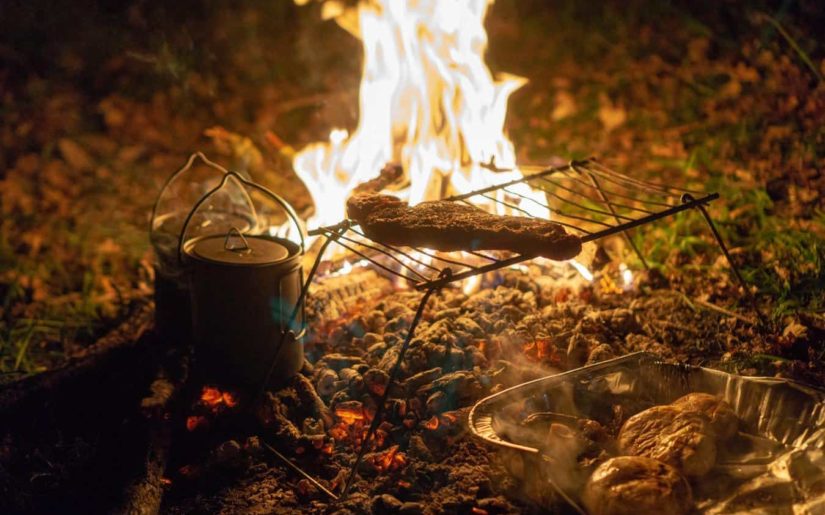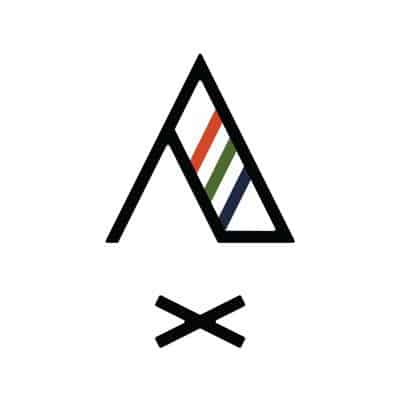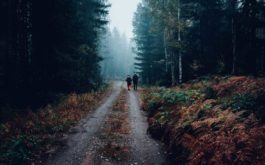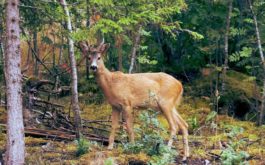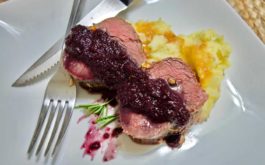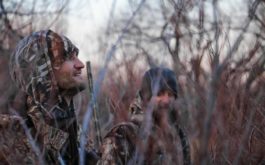Hunting can overwhelm the inexperienced. Killing an animal takes getting used to as does dressing out and processing game. The technical knowledge of equipment, locating game, learning proper shot placement. It can be daunting, discouraging urban dwellers from trying their hand at procuring local food.
Hunting has traditionally always been about harvesting food ethically to enjoy and sustain life. It connects hunters, families and friends to nature and their food source. As people moved into urban settings, food became mass-produced, creating a loss of connection to our food source. However, there is a new movement shifting our perspective and shedding light on the importance of the quality of our food called the locavore movement.
According to the Oxford Dictionary, a locavore is defined as
“a person whose diet consists only or principally of locally grown or produced food”.
Hunting has become a large part of this movement as a free-range, organic locally sourced option. When you hunt your meat, you know exactly where it’s coming from, that it was killed in a humane and ethical way and that there will be no preservatives.
Getting Started
In most states, the first step to becoming a hunter is taking a hunter education course which is necessary to obtain a hunting license. This course covers the necessities of safe and ethical hunting, such as gun safety, basic first aid and survival and different hunting methods. For a new hunter with no mentor to help get you started, the hunter education course is invaluable. It will teach you the basics you need and provide an opportunity to ask questions and make connections. There is usually a hands-on test component and written test. After passing, you’ll get your certification and be ready to buy your license.
Hunting Implement
Another hurdle for new hunters is selecting a hunting implement, usually a firearm though sometimes a bow and arrow. The .22 is a very light cartridge that has been around for over 100 years and is common for beginning shooters and hunters. There is no recoil and little noise, but it will take practice to become proficient. For shotguns, the 12-gauge is the most common choice. Shotguns are loud but have mild recoil with light game loads.
Shotguns fire hundreds of small pellets (tiny lead spheres) all at once, which means less practice is needed to shoot effectively. However, practice in the preseason is very important to ensure a smooth hunt. Check your local firearm and archery store and ask for advice when purchasing your first instrument. A decent shop will be happy to set you up with something that works for you and fits your budget.
Where to Hunt
How do you find a place to hunt? Your state’s wildlife management agency will have lots of information on public hunting lands. Rules for hunting public land vary but are typically straight forward. Usually it’s a simple matter of knowing what land is open to public hunting. And finding a place to park or otherwise access.
Private land is always a plus since access tends to be quite limited. Having a connection such as a friend or family member who owns land is usually a guarantee. Without such a connection you will have to do some research. Farmers typically own tracts of land and frequently let people hunt and stopping by a farm to ask for hunting permission is common. Be sure to follow any rules stipulated by the landowner and be sure to know the property boundaries. Visit the local tax office to get an official map showing those boundaries.
Hunting Attire
You will want to dress appropriately depending on what season you’re hunting in. Wear layers regardless in order to adapt to the changing weather conditions. If you choose to hunt with a bow and arrow you will want to ensure your clothing is camouflaged and if hunting with a gun, you will want to be dressed in bright orange. Boots are one of the most crucial items to consider before hunting. You will want to invest in a pair of boots that are going to keep your feet dry and warm.
Hunting can seem quite daunting if you have never attempted it before. By conducting your own research and taking an online course, you are already well on your way. Understanding where your food source comes from is important when considering your health and the health of your loved ones. By becoming a locavore hunter, you are ethically sourcing your food for sustainability. And creating a deeper connection and understanding to the outdoors and your body.
